Conclavoscope - Cardinal Josip Bozanić
Cardinal Profile and Assessment
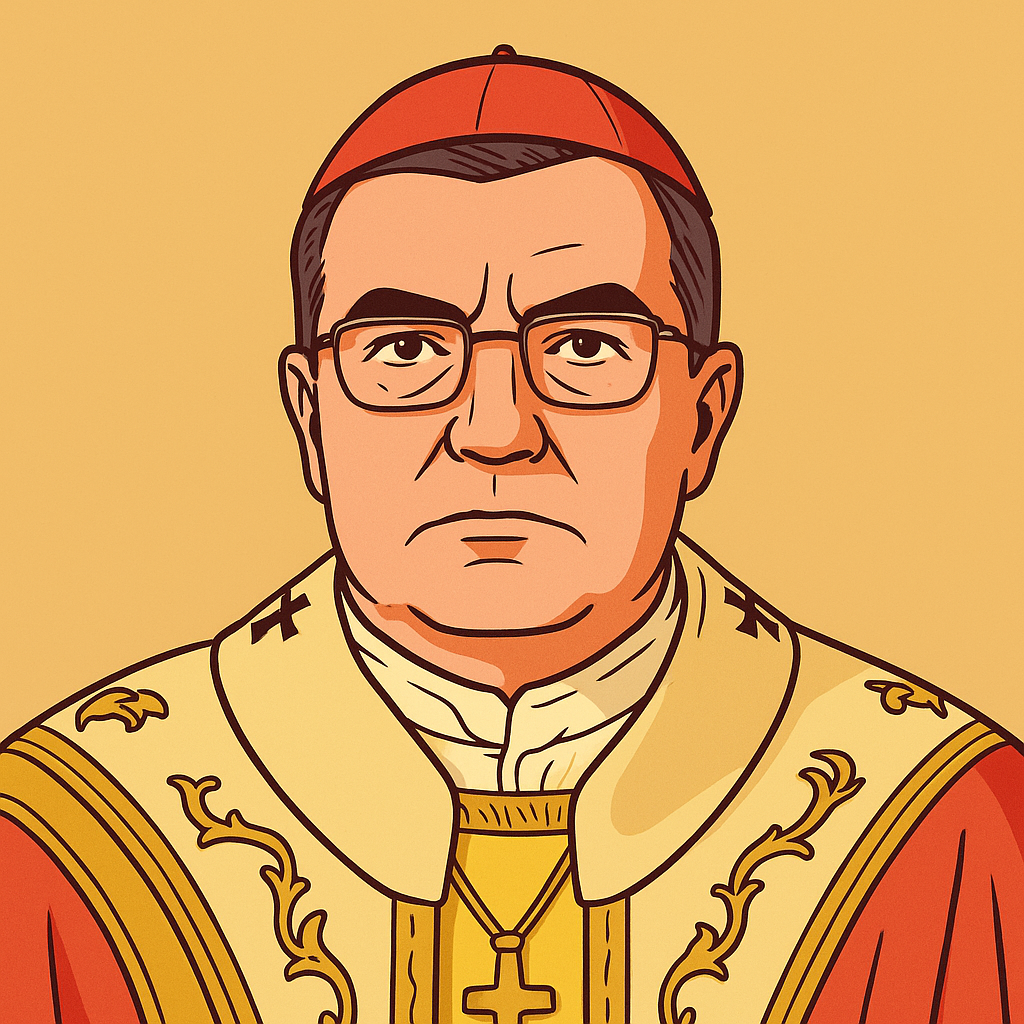
Croatian cardinal, Archbishop of Zagreb, known for his conservative positions on moral issues and his commitment to traditional values in a post-communist context.
| Criterion | Tendency |
|---|---|
| Moral doctrine | Very conservative |
| Liturgy | Conservative |
| Sociopolitical | Progressive |
| Relationship with Pope Francis | Conservative |
| Dialogue | Progressive |
| Communication | Moderately progressive |
| Overall tendency | Moderately conservative |
Cardinal Josip Bozanić has consistently upheld traditional Catholic moral teachings. He actively supported the 2013 Croatian constitutional referendum to define marriage exclusively as a union between a man and a woman, instructing priests to encourage participation and vote in favor. His rhetoric emphasized the protection of the traditional family structure and the rights of children, reflecting a strong conservative stance on issues related to sexuality and family.
Cardinal Bozanić has demonstrated support for traditional liturgical practices. Notably, he endorsed the celebration of the Glagolitic Mass, a traditional form of the liturgy in Croatia, marking its public return after approximately 50 years. This action underscores his commitment to preserving liturgical heritage and traditional worship forms.
Cardinal Bozanić has been vocal on social issues, particularly concerning economic justice. In his 1997 Christmas message, he criticized the rapid enrichment of a few government officials at the expense of the majority, highlighting the country's difficult social situation. His advocacy reflects a commitment to social equity and the Church's role in addressing societal injustices.
Cardinal Bozanić has maintained a respectful relationship with Pope Francis, participating in the 2013 conclave that elected him. While he has not been prominently associated with Pope Francis's reformist agenda, there is no public record of opposition, suggesting a moderate alignment with the Pope's vision.
Cardinal Bozanić has engaged in interreligious dialogue, emphasizing the importance of reconciliation and civil society. His statements have supported values of interfaith understanding, and he has acknowledged the need to confront historical injustices, such as those related to the Holocaust, advocating for the rejection of all forms of anti-Semitism.
Cardinal Bozanić is known for his formal and doctrinal communication style. His public statements often reflect traditional Church teachings and are delivered in a manner that emphasizes the Church's positions on moral and social issues. While effective in conveying doctrine, his communication approach is more reserved and less oriented towards contemporary media engagement.
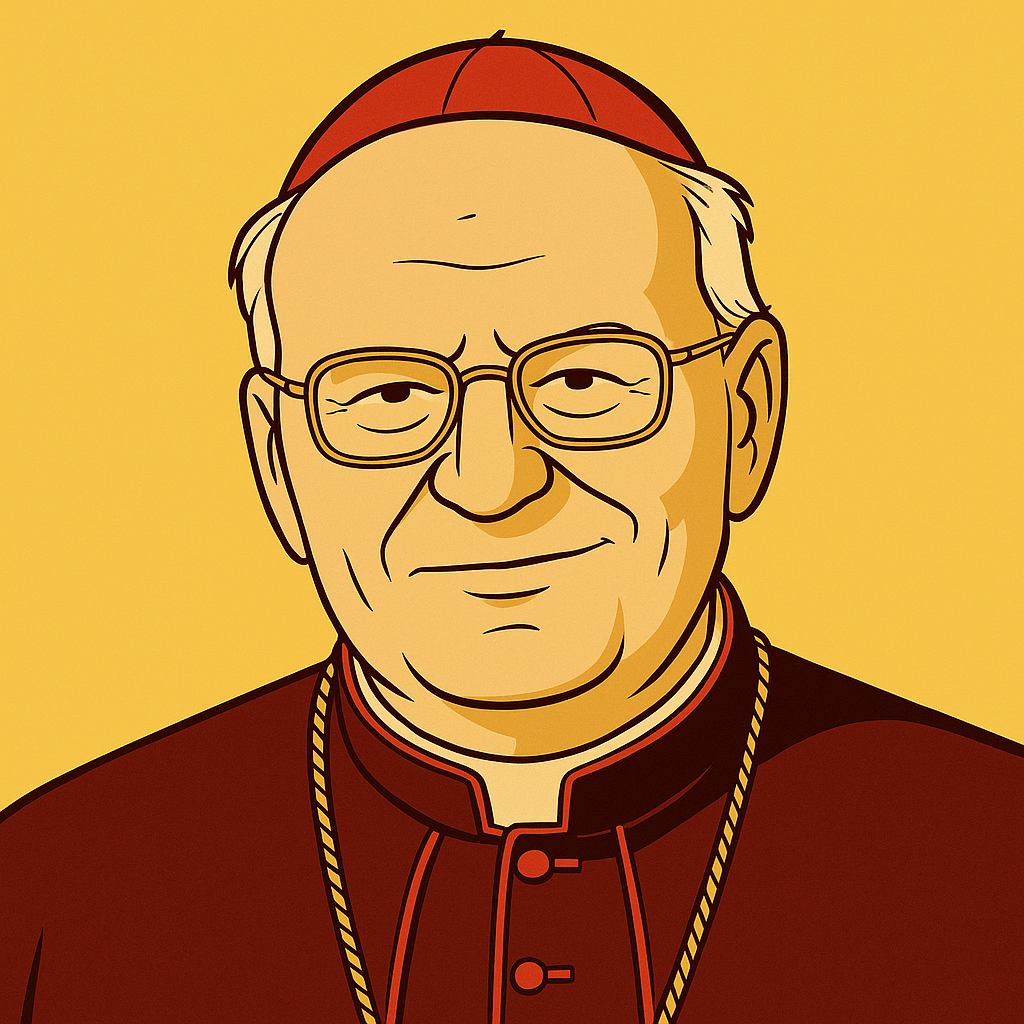
Hungary
Hungarian cardinal, Archbishop of Esztergom-Budapest, renowned canonist, known for his conservative doctrinal positions and his influential role in the Church of Central Europe.
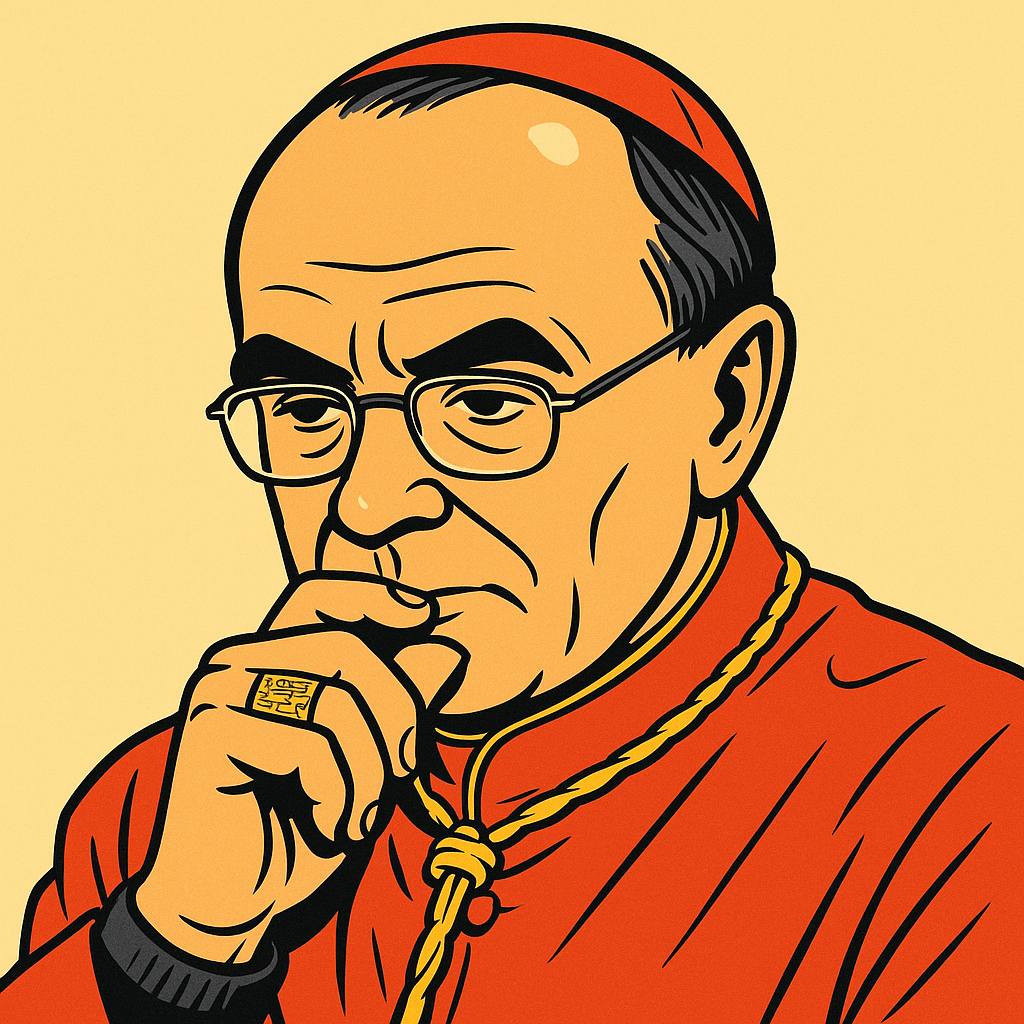
France
French cardinal, Archbishop Emeritus of Lyon, known for his missionary dynamism but whose career has been marked by controversy over the handling of sexual abuse in his diocese.
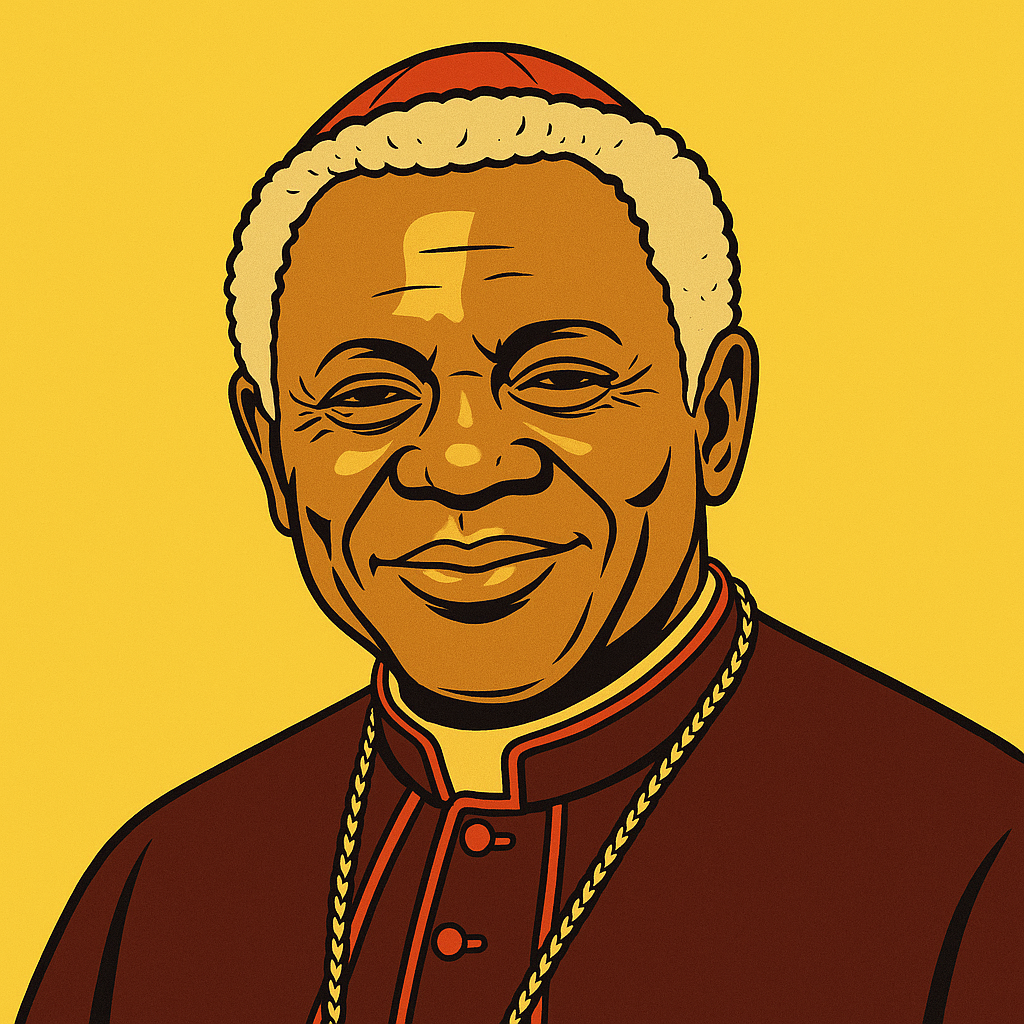
Ghana
Ghanaian cardinal, Chancellor of the Pontifical Academy of Sciences, known for his leadership in the Church's social doctrine and his expertise on environmental and development issues.
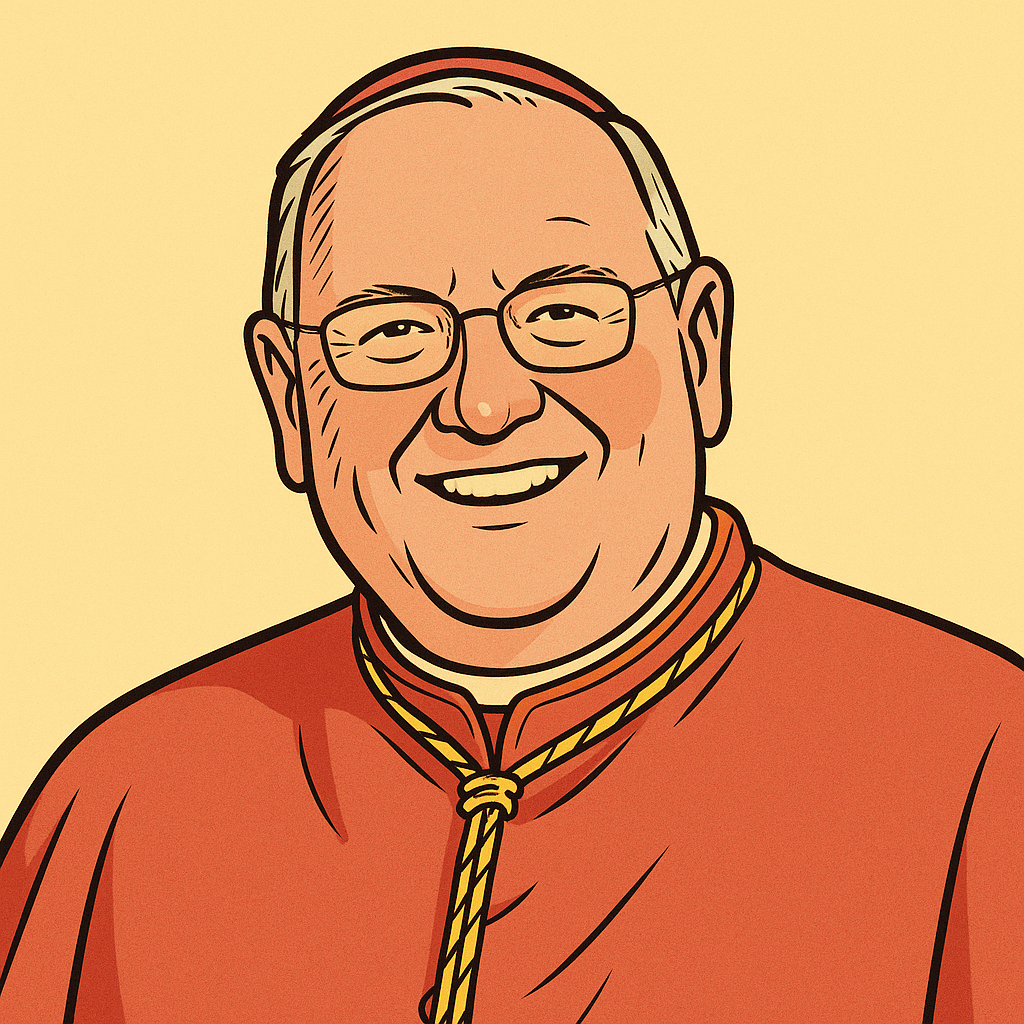
United States
age: 76
American cardinal, Archbishop of New York, known for his media charisma and balanced leadership, combining social commitment and defense of Catholic tradition and moral values.
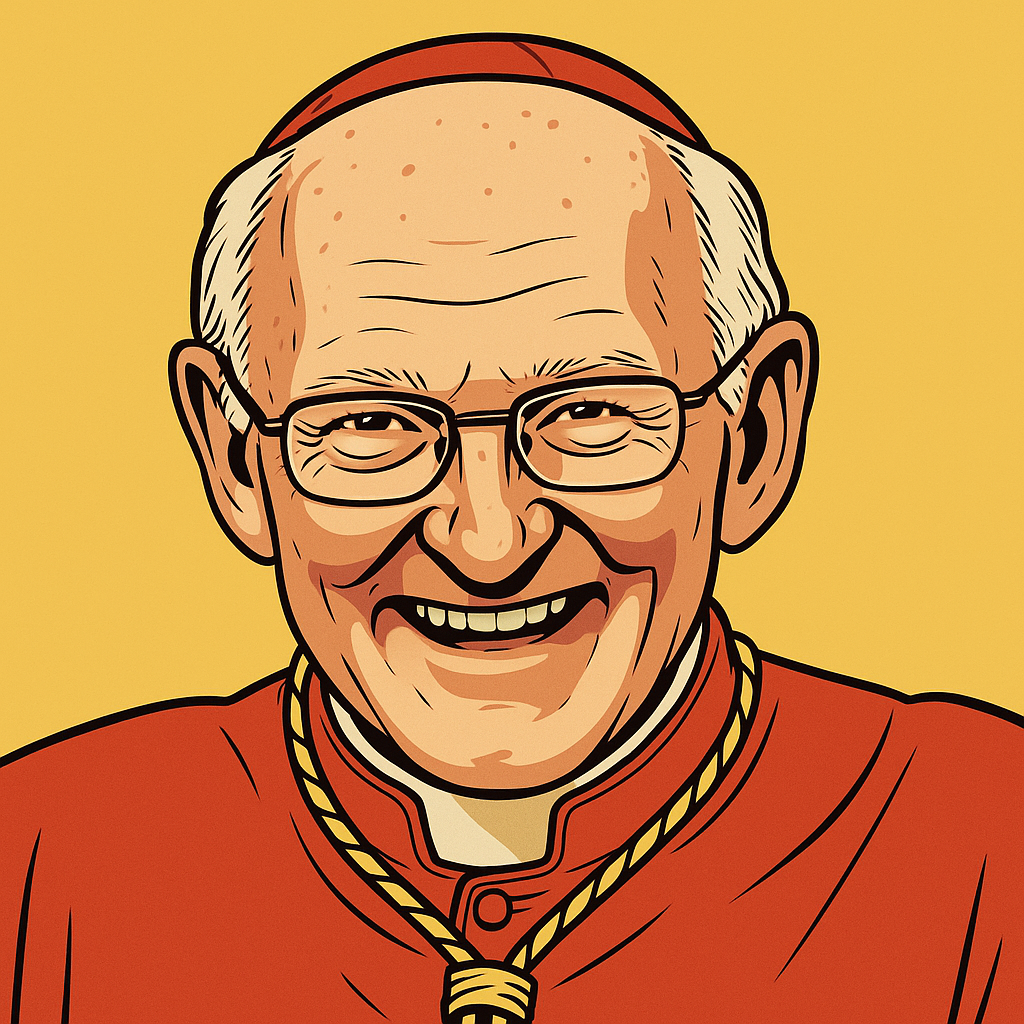
United States
age: 76
American cardinal, Archpriest of the Basilica of Saint Paul Outside the Walls, former Prefect of the Papal Household, known for his conservative positions and administrative experience at the Vatican.

Sweden
age: 76
Swedish cardinal, the first Scandinavian cardinal in history, known for his balanced approach between tradition and openness, and his ecumenical work.
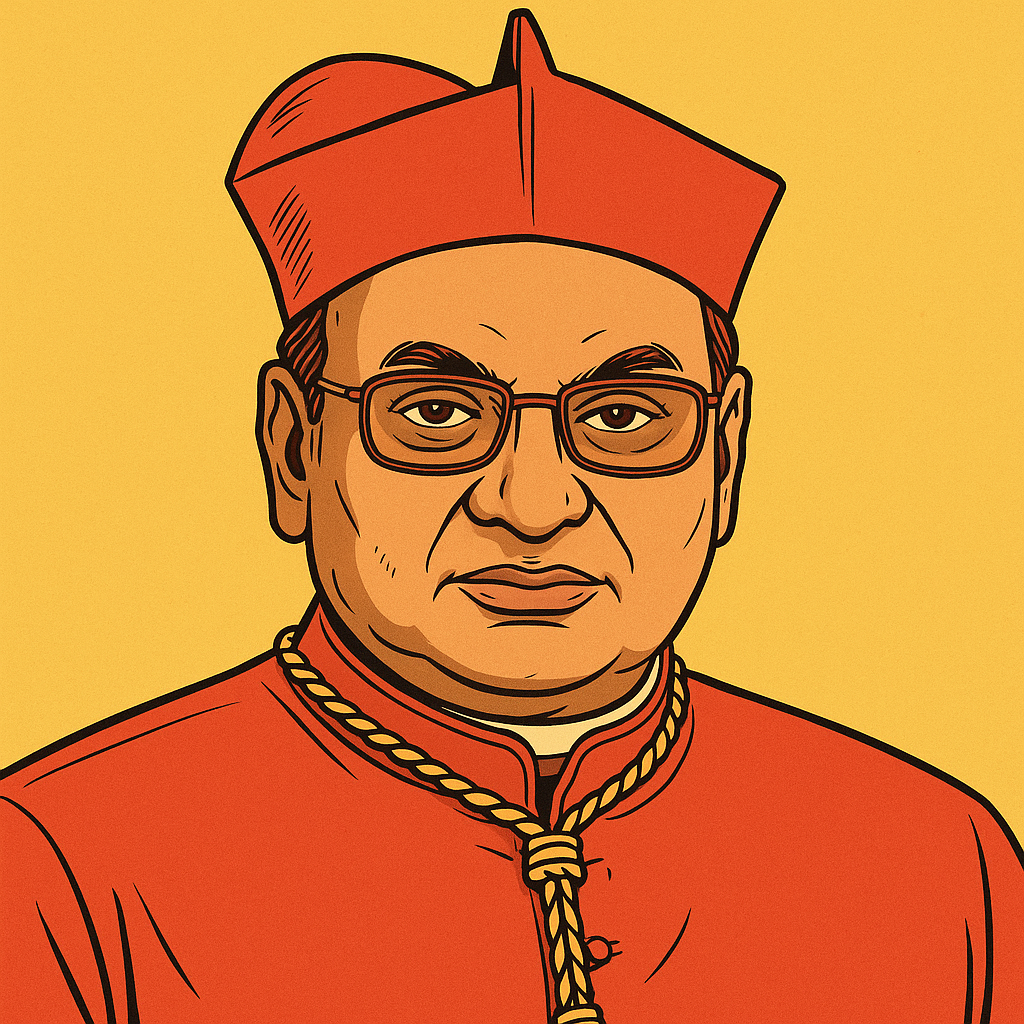
Sri Lanka
Sri Lankan cardinal with strong traditionalist positions, known for his attachment to traditional liturgy and defense of Catholic doctrine.

Germany
German cardinal, former prefect of the Congregation for the Doctrine of the Faith, known for his very conservative positions and vigorous defense of traditional doctrine.
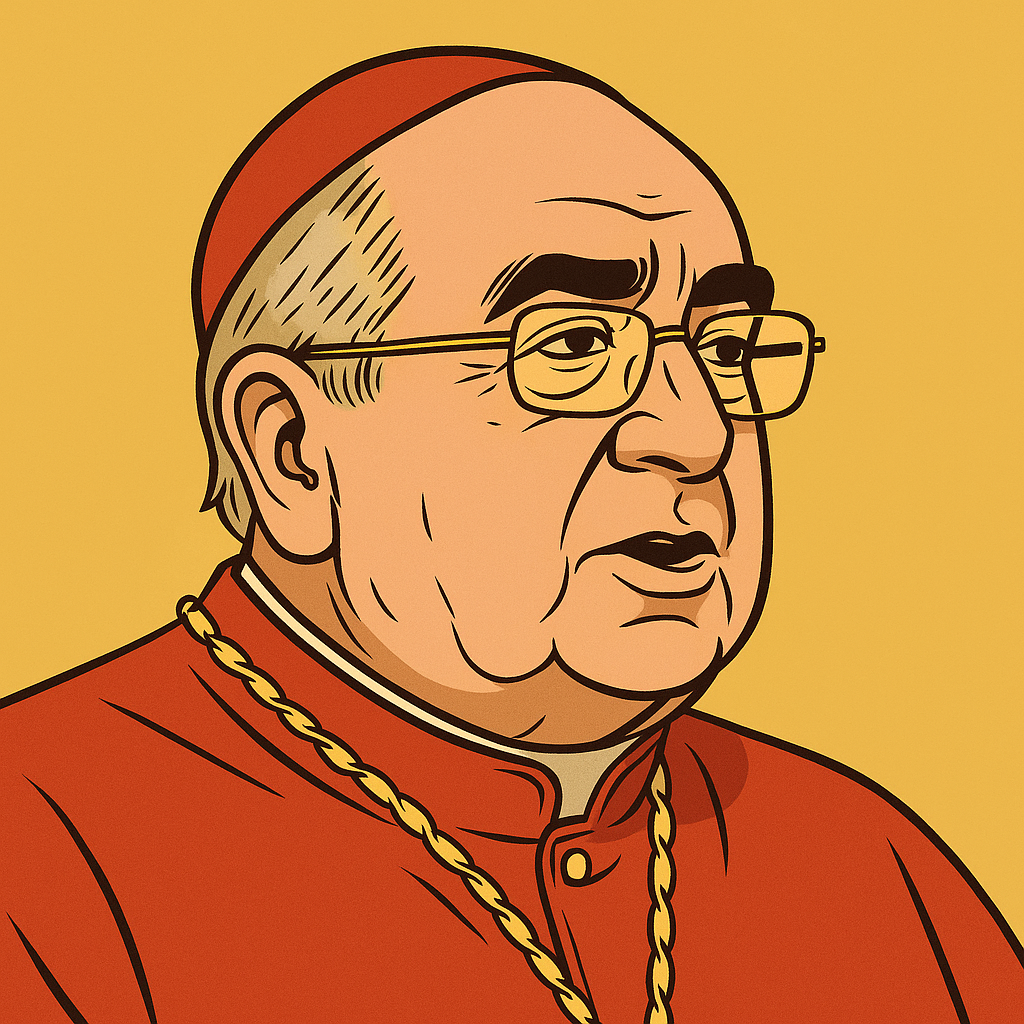
Poland
Polish cardinal, Archpriest of the Basilica of Saint Mary Major, known for his conservative positions and experience in lay ministry, in the tradition of John Paul II.
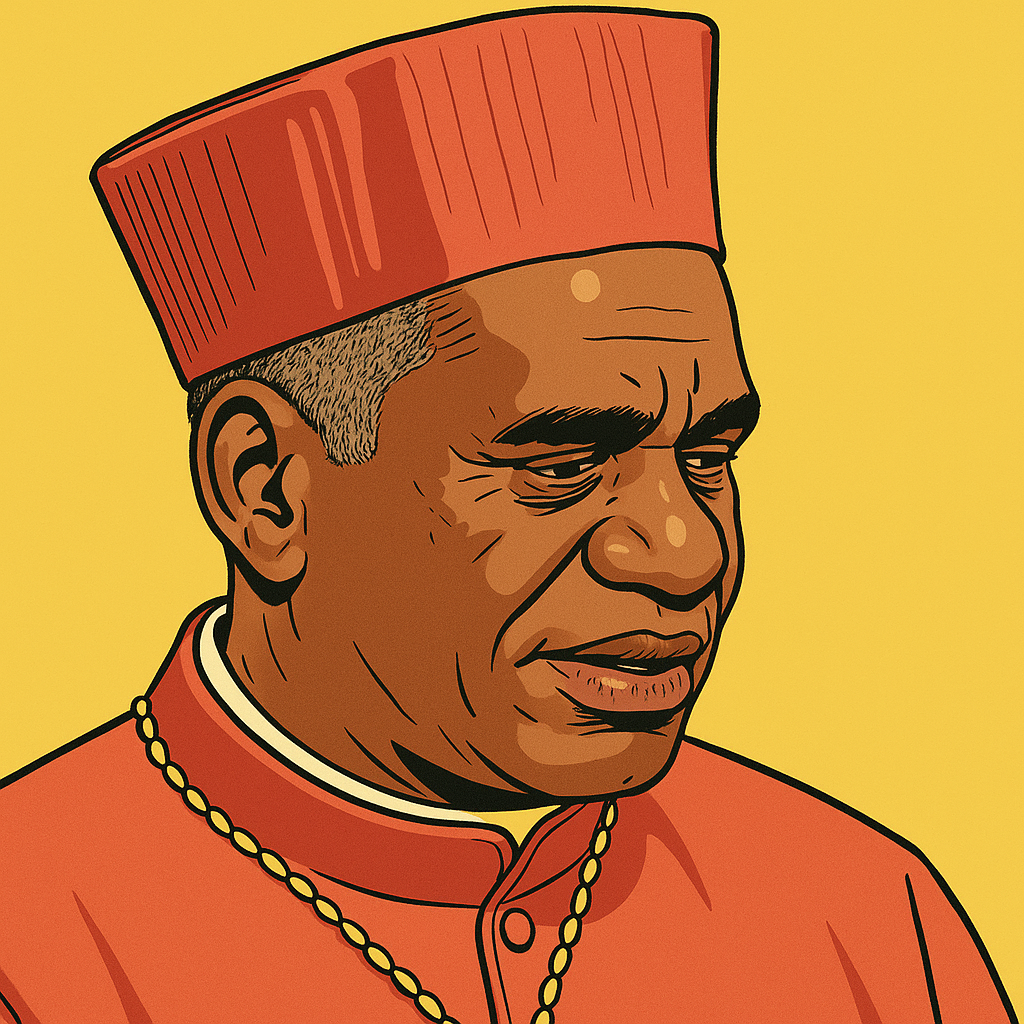
Madagascar
Malagasy cardinal, known for his traditionalist positions, his attachment to classical liturgy, and his vigorous defense of Catholic moral doctrine.

United States
American cardinal, Archbishop of New York, known for his media charisma and balanced leadership, combining social commitment and defense of Catholic tradition and moral values.

Myanmar
Burmese cardinal, the first from his country, known for his commitment to peace and reconciliation, combining respect for tradition and interreligious dialogue.
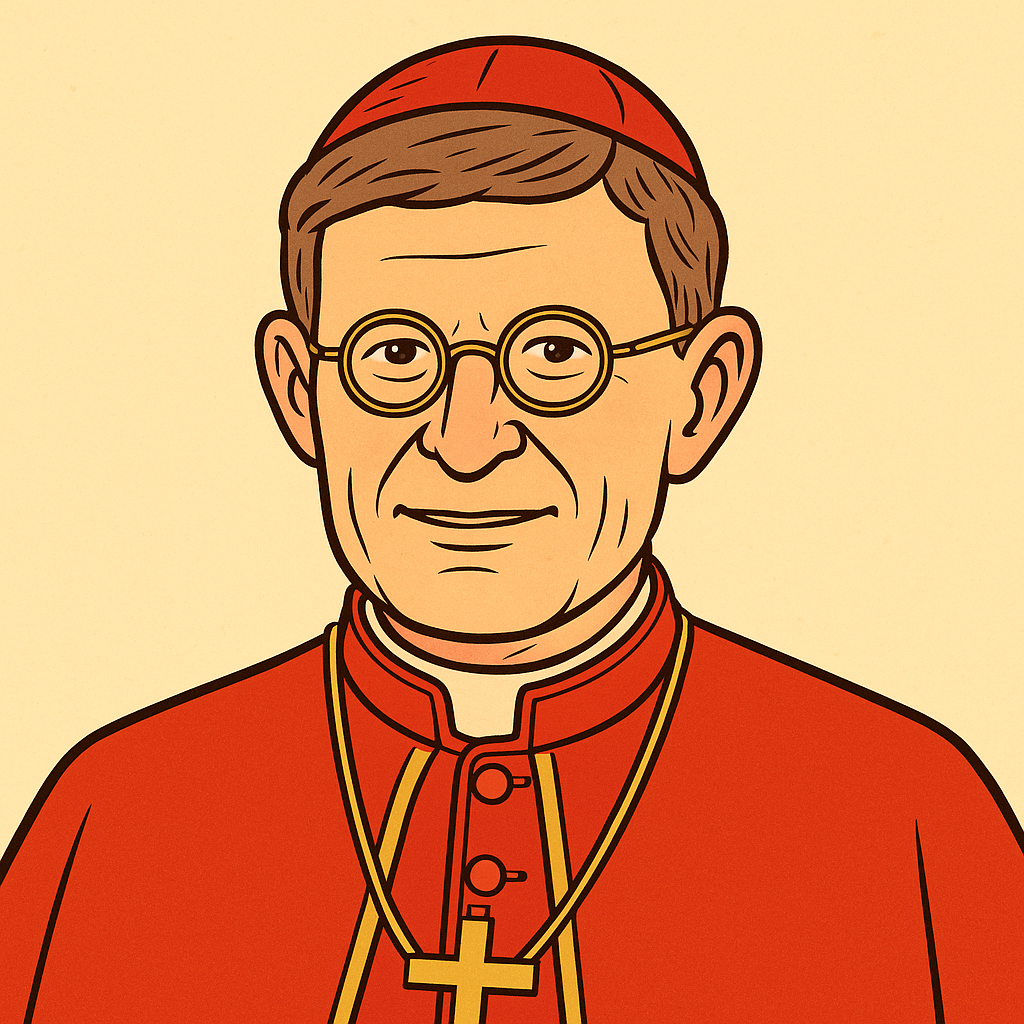
Germany
German cardinal, Archbishop of Cologne, known for his conservative positions and controversial leadership, particularly in handling sexual abuse and his opposition to certain reforms.
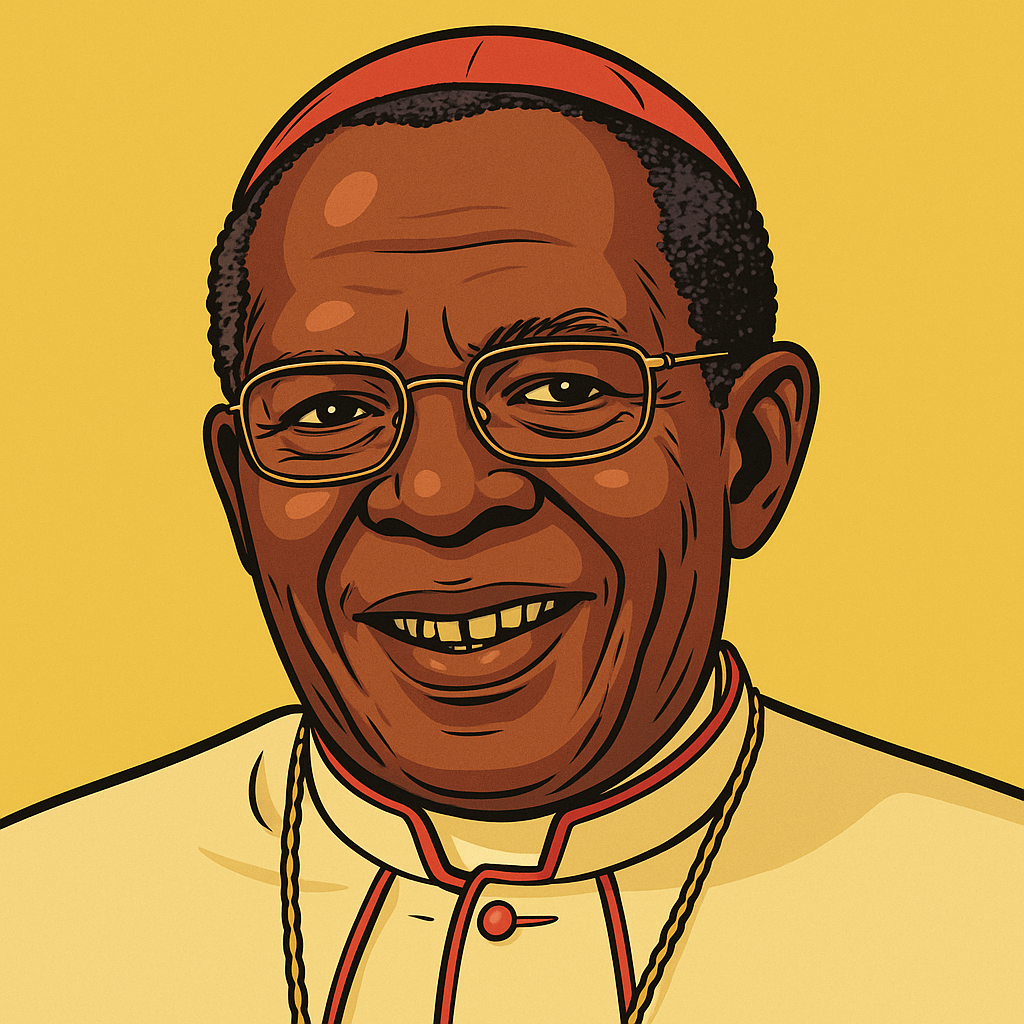
Kenya
Kenyan cardinal, Archbishop Emeritus of Nairobi, known for his conservative positions on moral issues and his leadership in the growing African Church.
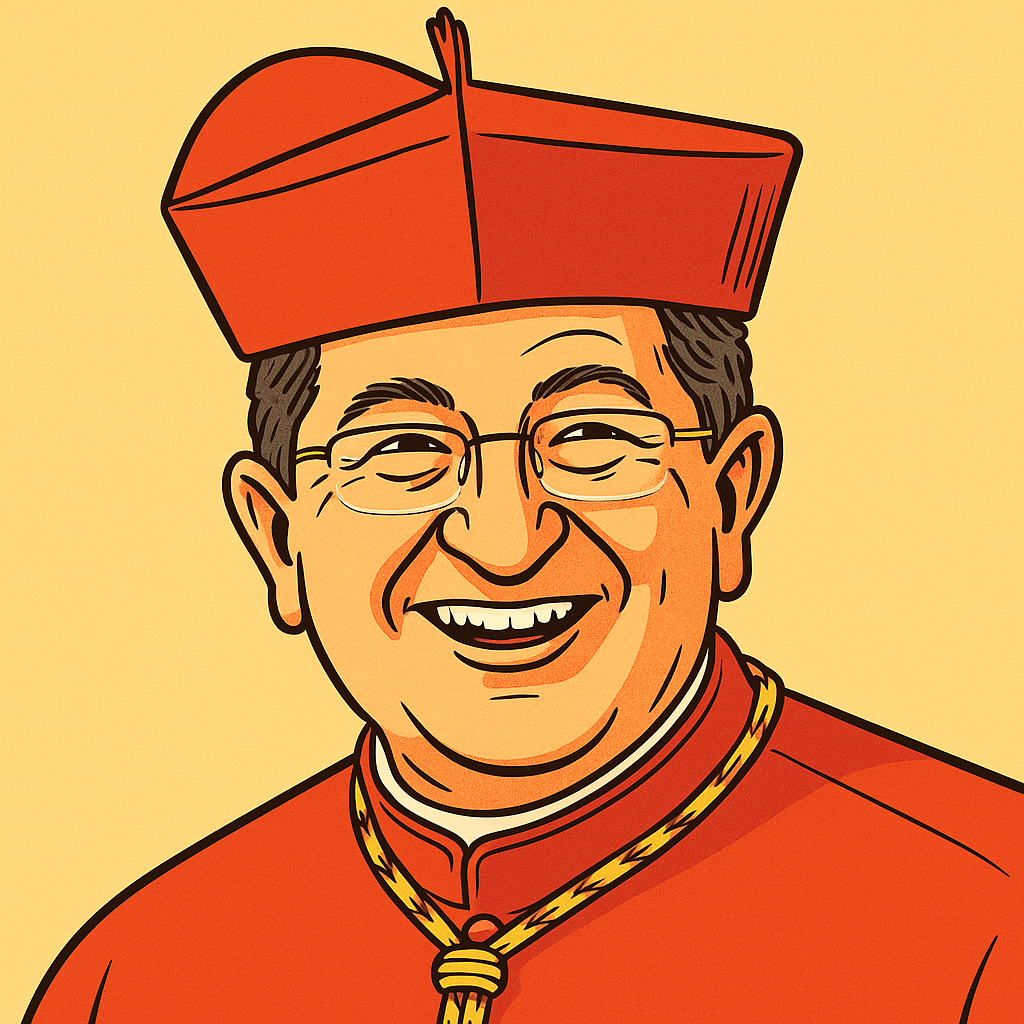
Italy
Italian cardinal, Archbishop of Florence, known for his conservative doctrinal positions and intellectual work, while remaining engaged in pastoral dialogue.
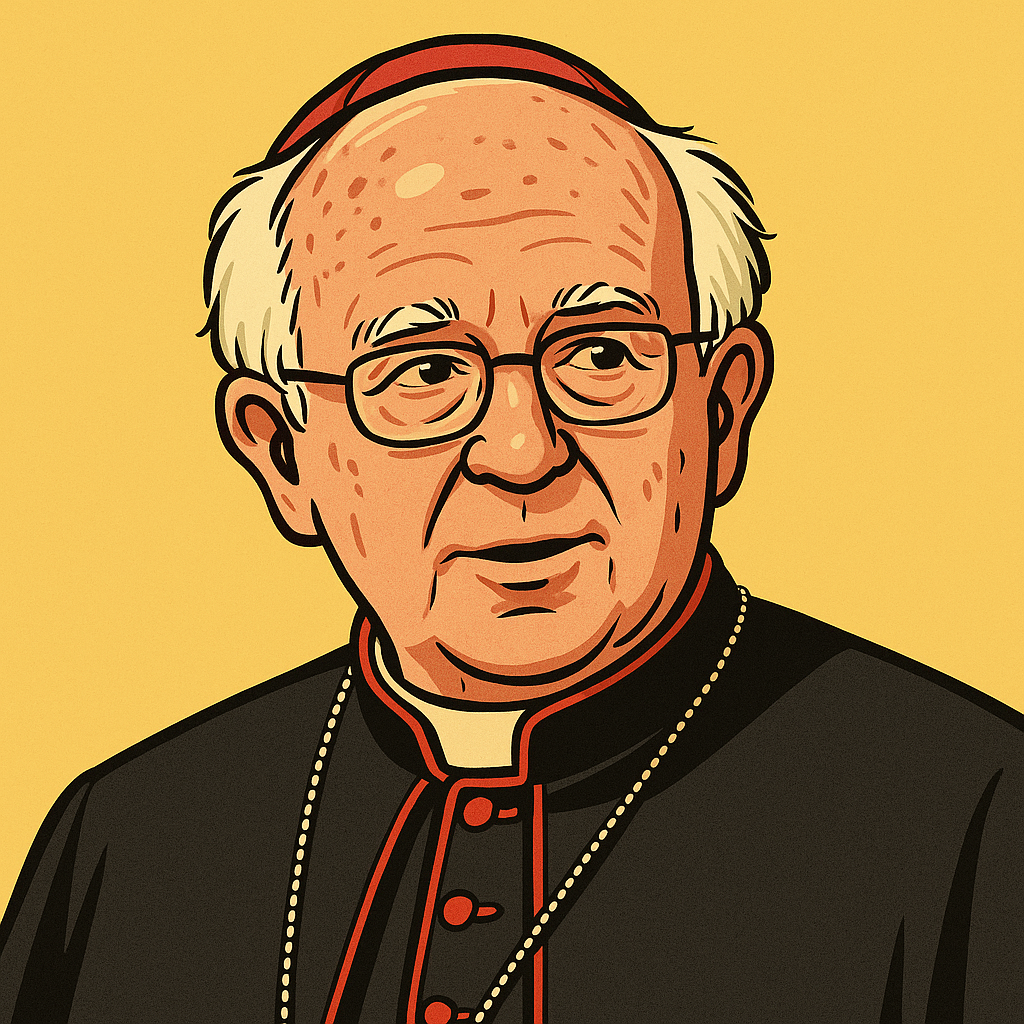
Spain
Spanish cardinal who is very conservative, nicknamed "the little Ratzinger," known for his traditionalist positions on liturgy and morality, and his vigorous defense of Catholic doctrine.

Sri Lanka
Sri Lankan cardinal with strong traditionalist positions, known for his attachment to traditional liturgy and defense of Catholic doctrine.

Germany
German cardinal, former prefect of the Congregation for the Doctrine of the Faith, known for his very conservative positions and vigorous defense of traditional doctrine.
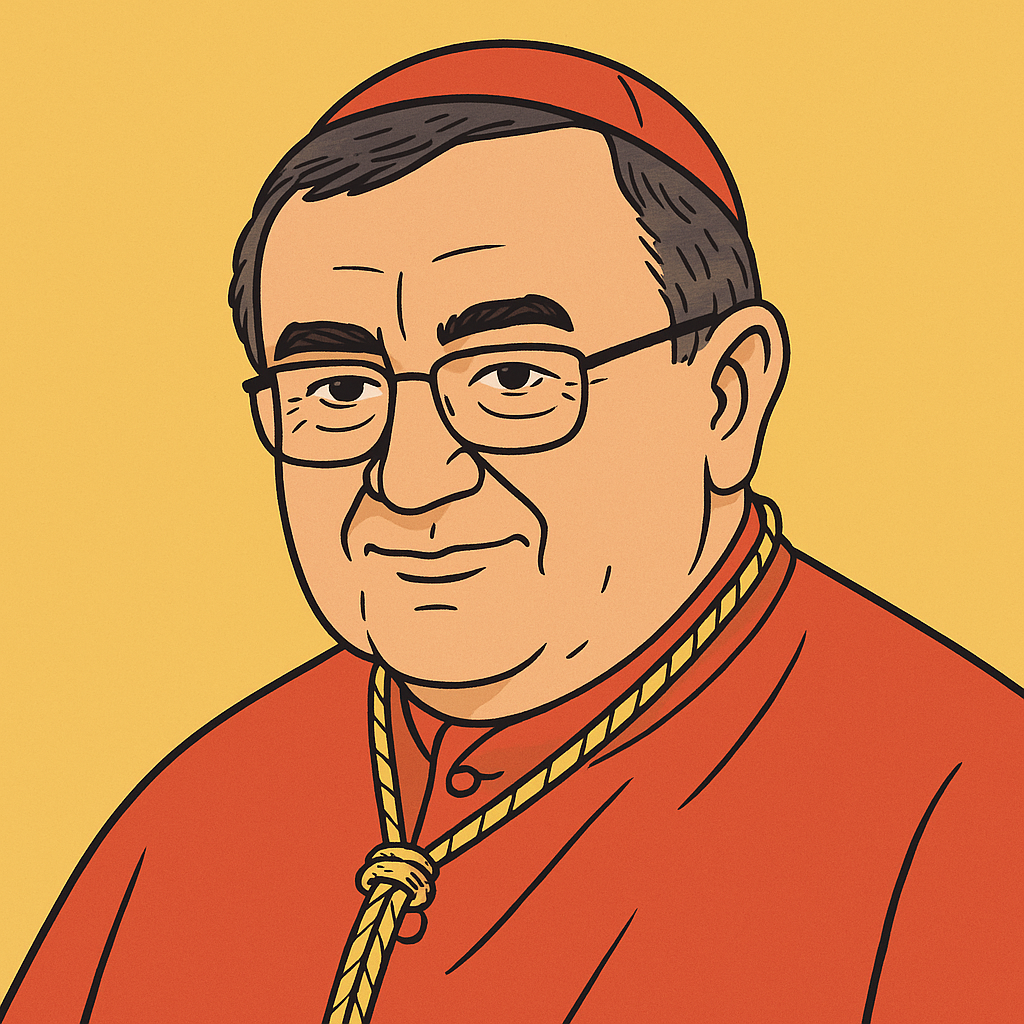
Bosnia and Herzegovina
Bosnian cardinal, Archbishop Emeritus of Sarajevo, known for his leadership during and after the Balkan War, his work for reconciliation and his defense of Catholic rights in the region.
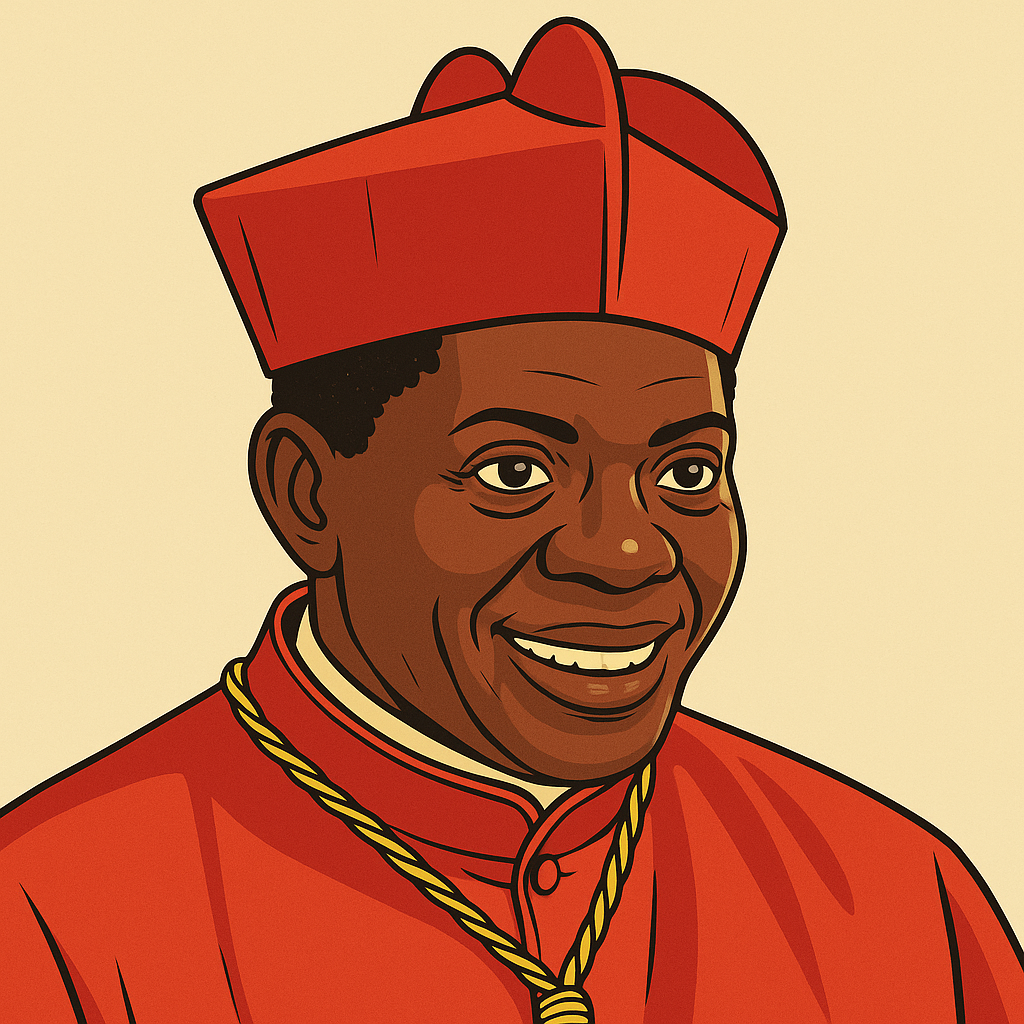
Tanzania
Tanzanian cardinal, Secretary of the Dicastery for Evangelization, known for his missionary expertise and balanced pastoral vision, combining doctrinal fidelity and cultural adaptation.
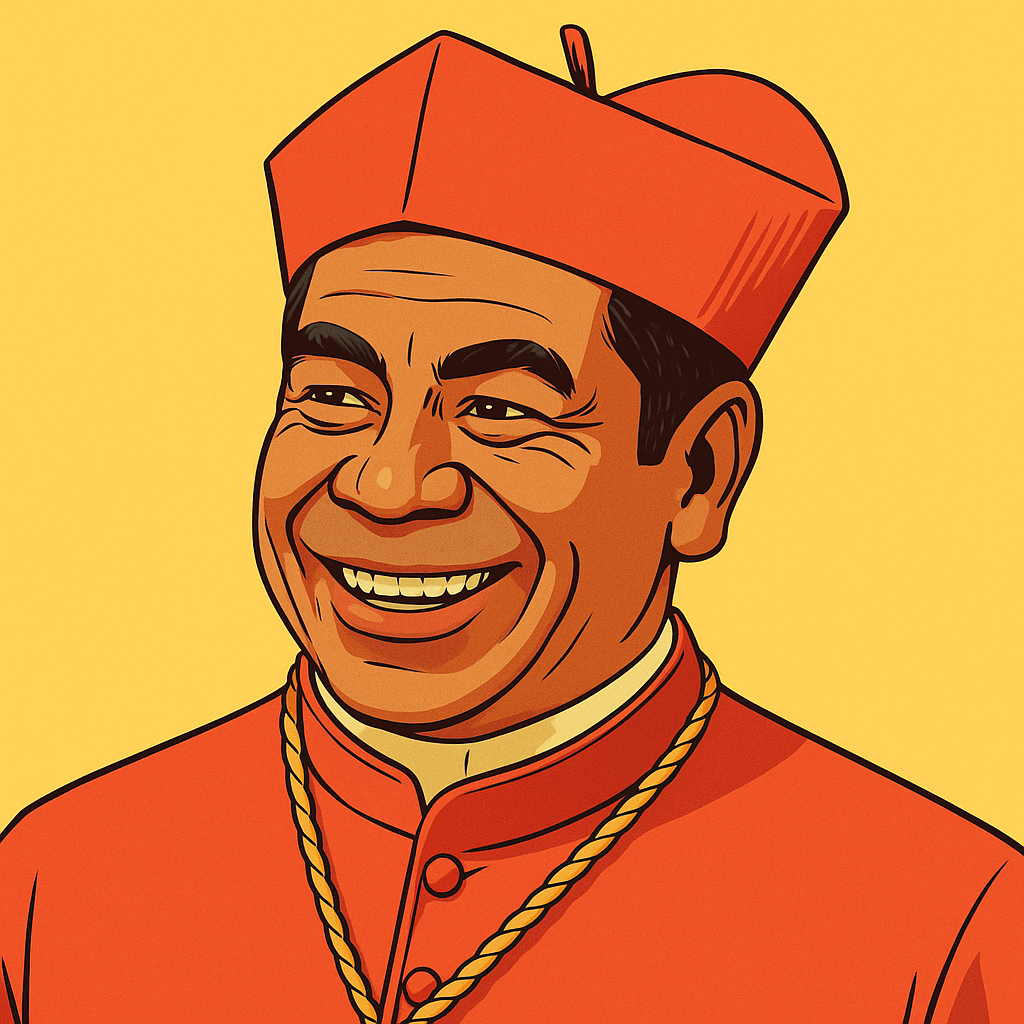
East Timor
East Timorese cardinal, Archbishop of Dili, first cardinal from his country, known for his leadership in post-independence reconstruction and his commitment to peace and national reconciliation.

France
French cardinal, Archbishop Emeritus of Lyon, known for his missionary dynamism but whose career has been marked by controversy over the handling of sexual abuse in his diocese.
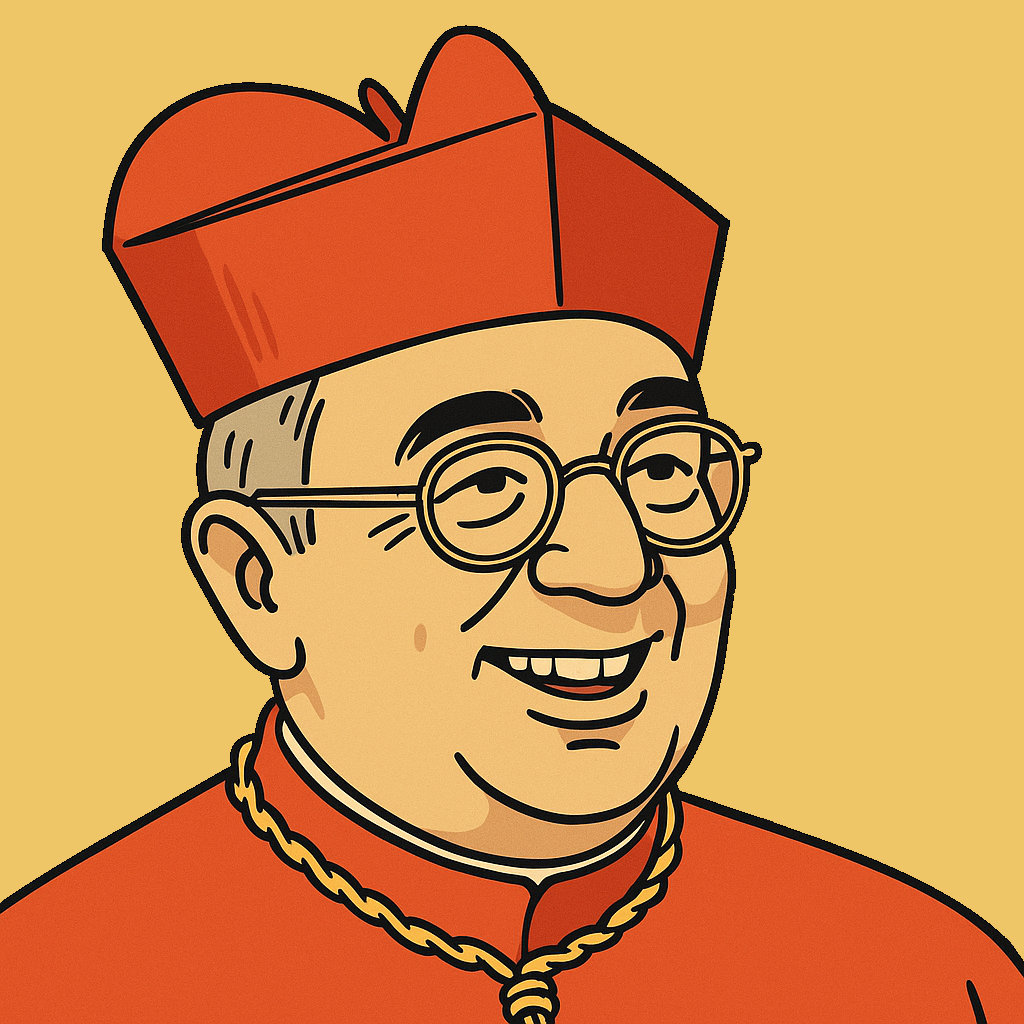
Italy
Italian cardinal, former vicar general of the pope for the diocese of Rome, known for his balance between liturgical tradition and moderate pastoral openness.

East Timor
East Timorese cardinal, Archbishop of Dili, first cardinal from his country, known for his leadership in post-independence reconstruction and his commitment to peace and national reconciliation.